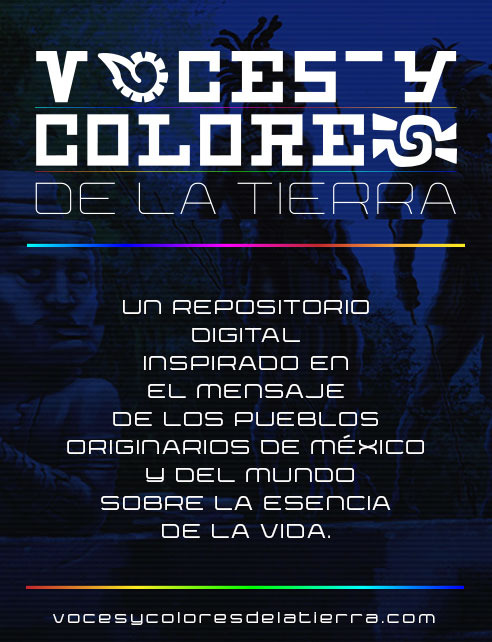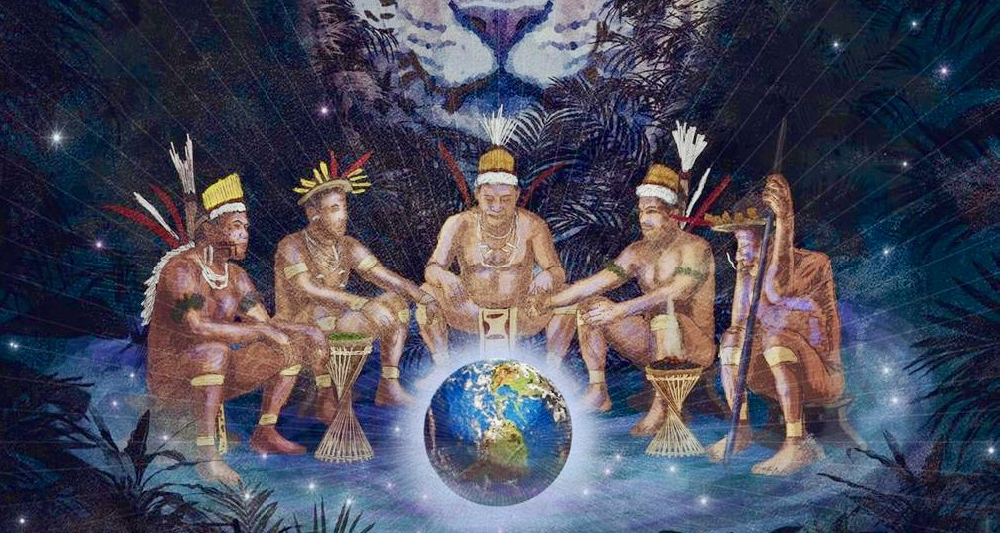
Cuando los mandatos de #QuedateEnCasa comenzaron a implementarse en todo el mundo, el productor y activista mexicano Iván Sawyer García comenzó a recibir consultas de amigos y lectores: ¿Tiene alguna recomendación sobre películas indígenas que podamos ver durante la cuarentena? De hecho, tenía muchas: como fundador del laboratorio colaborativo bilingüe documental y multimedia Voces de Amerikua, las películas indígenas y los proyectos de medios son su vida.
To read this story in English, click here.
Esas solicitudes le dieron una idea. Reunió docenas de películas de sus propios archivos, y comenzó a contactar a los cineastas para pedirles permisos para incluir también los suyos, y nació la más de 100 entradas Voices of Amerikua Indigenous Film Library. El proyecto ha sido un gran éxito, comenzando con el primer fin de semana, cuando se ofreció gratuitamente el aclamado internacionalmente “Huicholes: The Last Peyote Guardians” y obtuvo más de 30,000 visitas. Invitamos a Iván a compartir algunos de sus favoritos, y esto es lo que se le ocurrió.
Un enemigo invisible ha paralizado al mundo y nos ha dejado inmersos en una larga pausa, podemos lamentarnos o aprovechar este precioso tiempo para reflexionar sobre nuestro caminar y sobre el lugar que ocupamos en esta red de vida que llamamos planeta Tierra.
Desde Voces de Amerikua nos solidarizamos contigo en tu aislamiento y en tu introspección y hemos creado para ti un archivo de documentales, películas y videos musicales que retratan a los pueblos indígenas de norte, centro y sur de América. Queremos compartirlos contigo para que la palabra y las luchas de nuestros pueblos te inspiren y te acompañen durante este encierro que esperamos sea el preámbulo de una metamorfosis colectiva hacia una conciencia planetaria.
¿Estás cansado/a de Netflix ¿Te interesan la cultura y los saberes de los pueblos indígenas ? En Voces de Amerikua puedes encontrar una variedad de contenido que expandirá tu mente, ampliará tus horizontes y te conectará con tus raíces.
Visita AQUÍ el archivo completo.
Aquí algunas de nuestras recomendaciones:
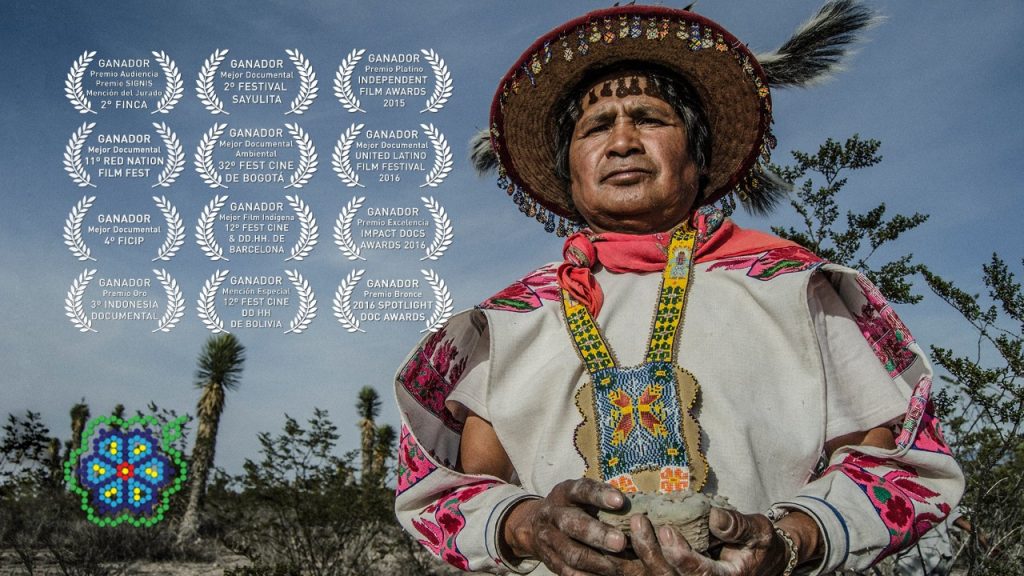
No. 1: DOCUMENTAL: Huicholes. Los Últimos Guardianes del Peyote (México) (Disponible hasta el 30 de mayo)
Documental sobre la lucha del pueblo wixárika (huichol) de México para salvar a Wirikuta, su territorio más sagrado y la tierra del peyote, la medicina tradicional que mantiene vivo el conocimiento de esta cultura icónica de México. Cuando se enteraron de que estas tierras ancestrales estaban amenazadas por las compañías mineras transnacionales, los líderes de Wixárika hicieron un llamado a la sociedad civil para apoyar su lucha por la supervivencia territorial y cultural, y así comienza el drama.
Dirigida y producida por Hernán Vílchez, cofundador del Esperanza Project Foundation y Esperanza Project Film & TV, y co-producida por Paola Stefani, la película ha ganado una docena de premios. Actualmente está disponible para alquilar en todo el mundo de habla inglesa y es gratis en América Latina. El equipo puso a disposición la película de forma gratuita en todo el mundo durante el mes de abril como una oferta para la cuarentena mundial Covid-19; En el primer fin de semana de su lanzamiento en Voces de Amerikua, atrajo más de 30,000 visitas.
Lea más sobre Huicholes: Los Ultimos Guardianes del Peyote aquí.
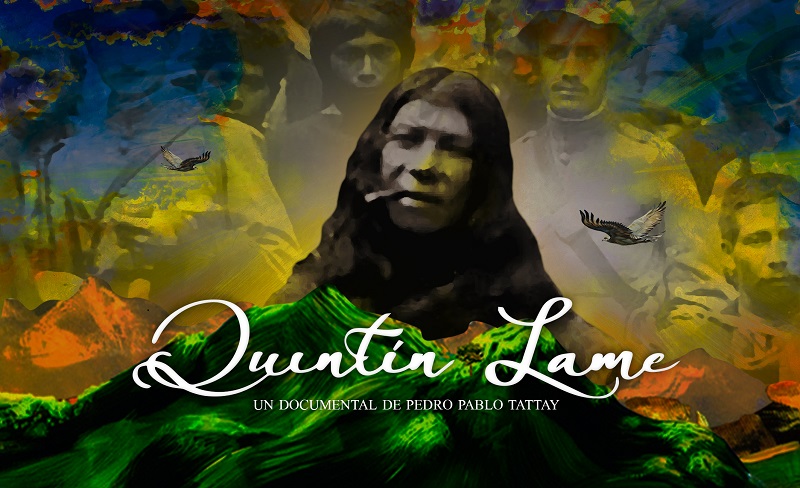
NO. 2: DOCUMENTAL: Quintín Lame, Raíz de Pueblos (Colombia) (Disponible hasta el 17 de mayo)
Quintín Lame es el líder indígena más importante del siglo XX en Colombia. Desde su niñez vive la violencia e injusticia que se comete contra su pueblo. Comienza una incesante lucha pacífica por la reconstitución de los derechos indígenas vulnerados. Fue encarcelado 108 veces y estudió las leyes colonialistas para defender su causa en las cortes. Su movimiento es el inicio de la lucha actual por la recuperación del territorio, cultura y autonomía indígena.

No. 3: Guardianes: Relatos de Resistencia – Serie Documental Transmedia (Proyecto en desarrollo) (Disponible hasta el 30 de mayo)
Episodio 1 – Pueblo Kamëntsá del Valle del Sibundoy (Alto Putumayo, Colombia)
Episodio 2: Guardianes. Relatos de Resistencia (Bolivia)
Don Juan José “Katira” y sus hijos Enrique y Clemente Ramírez, líderes espirituales del pueblo Wixárika y protagonistas de Huicholes: Los Últimos Guardianes del Peyote, se adentran en las vidas de las comunidades indígenas latinoamericanas más emblemáticas, y comparten las luchas para sus territorios y formas de vivir.
Ver más aquí: https://www.guardianes.tv/

No. 4: DOCUMENTAL: Júba Wajiín, Resistencia en la Montaña de Guerrero (México)
Esta es la historia de Júba Wajiín, una comunidad indígena Me Phaa que habita en la montaña de Guerrero, México. Hace unos años la vida de este pueblo dio un vuelco cuando sus residentes se enteraron de que el ochenta por ciento de su territorio había sido concesionado a dos empresas. Pero Júba Wajiín va a pelear.
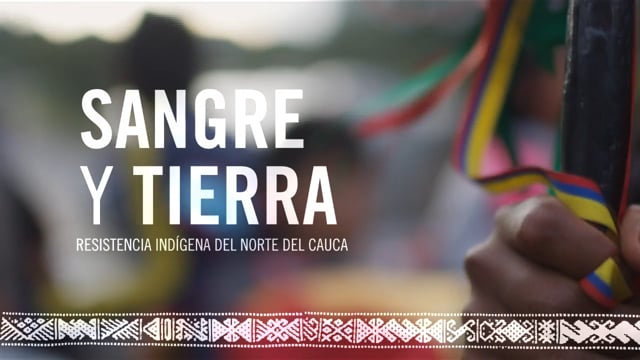
No. 5: DOCUMENTAL: SANGRE Y TIERRA- Resistencia Indígena del Norte del Cauca
Sangre y tierra retrata la resistencia del pueblo indígena Nasa del norte del Cauca durante la “Liberación de la Madre Tierra” en el 2015 y el 2016 y el proceso de recuperación de territorios ancestrales hoy en manos de los grandes ingenios azucareros, principales productores de etanol en Latinoamérica.
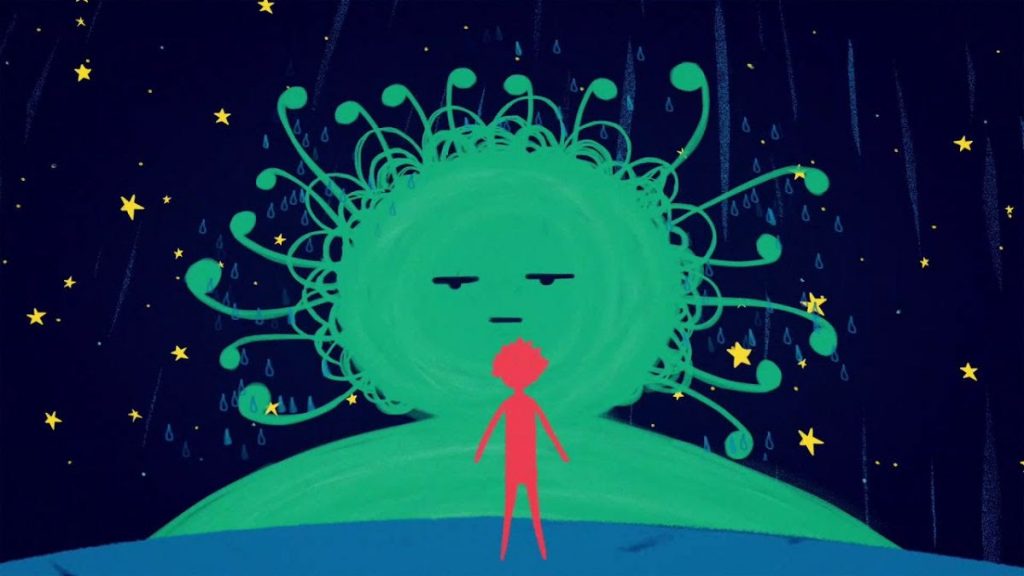
No. 6: ANIMACIÓN: 68 Voces: La Fiesta del Maíz: Q’anjob’al (México)
Cuentan que en el tiempo de nuestros abuelos se celebraba en temporada de cosecha la llegada del maíz. El blanco, amarillo, morado, pinto, cuatro representantes que dan vida al ser humano, por eso debemos dar gracias a Dios, a la santa tierra, al santo agua, al sol y a la luna, porque son la guardia de su crecimiento. Basado en un cuento Q’anjob’al de tradición oral.
Y si te quedaste con ganas de ver más, visitanos en Voces y Colores de la Tierra, una plataforma donde podrás disfrutar de videojuegos, mapas interactivos, documentales web y mucho más.
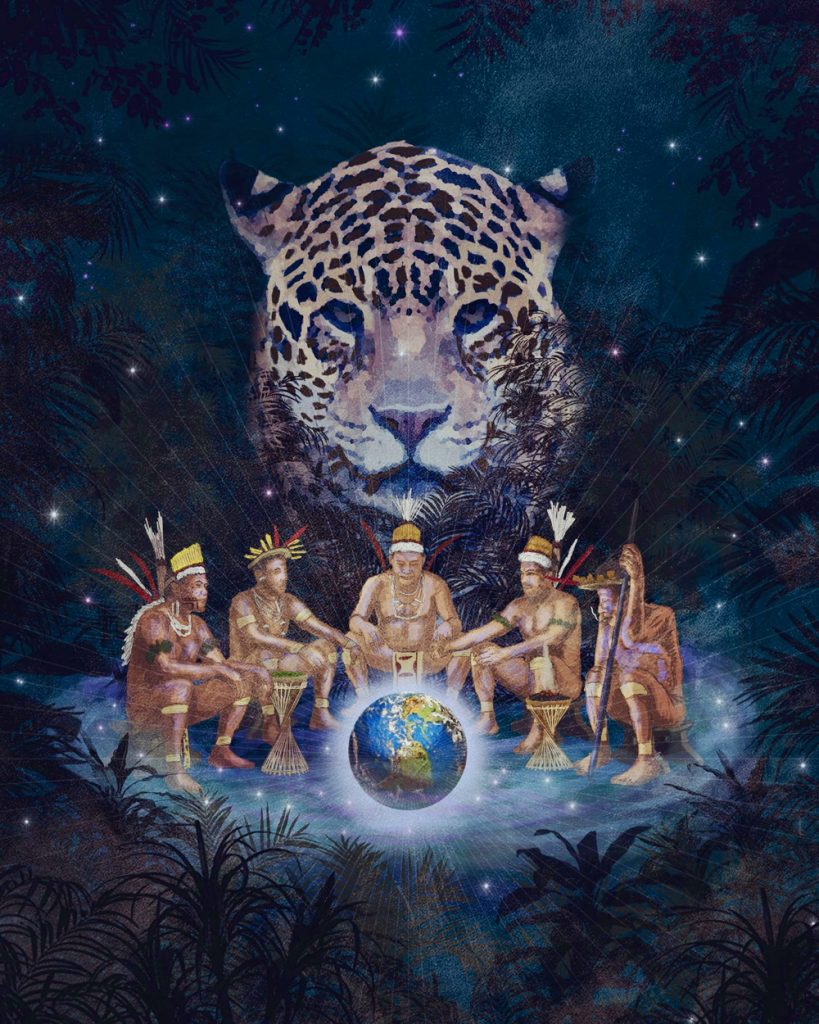
De nuestro blog: Una buena noticia ha llegado desde la selva de parte de la nación del Yuruparí.
Este año, el miedo, la confusión, la angustia, el coraje, la valentía y otros tantos sentires humanos que los habitantes del mundo entero estamos experimentando han llegado a oídos de los habitantes de esa zona del Amazonas. El virus del COVID19 avanza y la gente en la selva siempre está pensando en el futuro y en la prevención.
Ante un ‘enemigo’ tan poderoso como es este virus, el ritual sagrado de Yuruparí se erige como una potente herramienta que puede ayudar a los indígenas a enfrentar las temibles eventualidades que surjan cuando la pandemia llegue a este rincón del Amazonas. Este ritual, que es un universo sagrado difícil de explicar, lo han llevado a cabo los Yuruparí durante siglos con total dedicación y devoción, con toda la rigurosidad y disciplina que la ceremonia demanda, a tal punto, que muchos de ellos han preferido distanciarse de ella y dejar de participar por lo dura, seria y delicada que es.
Lee la nota completa AQUÍ.
Cómo puedes ayudar durante la crisis de Covid-19
Muchas personas nos escriben preguntando cómo pueden ayudar a las comunidades indígenas durante la crisis del COVID-19, por lo que aquí te compartimos la voz del Consejo de Ancianos de Comcaac, Punta Chueca, Sonora y un llamado para ayudarles a enfrentar la pandemia.
Apoyo urgente para comunidad Comcaac por pandemia de Coronavirus
Ademas, los Jóvenes Indigenas Urbanos de la Zona Metropolitana de Guadalajara está coordinando con varias comunidades indígenas. Para más información o para hacer un depósito, checa su página de Facebook.
Para apoyar este proyecto de Voces de Amerikua — con sugerencias, comentarios y donativos — visita su página.
Iván Sawyer García es productor de medios, activista ambiental y educador. Es el fundador de Voices of Amerikua, un laboratorio colaborativo documental y multimedia que presenta a las comunidades indígenas de América del Norte, Central y del Sur y sus esfuerzos para proteger su cultura, tierra y derechos mediante campañas de impacto, redes sociales y documentales.
Voces de Amerikua trabaja con músicos, creadores de medios y las propias comunidades para compartir y producir historias y medios que expresen la realidad de los problemas críticos ambientales y de derechos humanos que enfrentan diferentes comunidades, en esta región del planeta hoy. El término “Amerikua” es un antiguo nombre maya para el continente americano, también conocido como Isla Tortuga, y significa “lugar de los Cuatro Vientos”.

